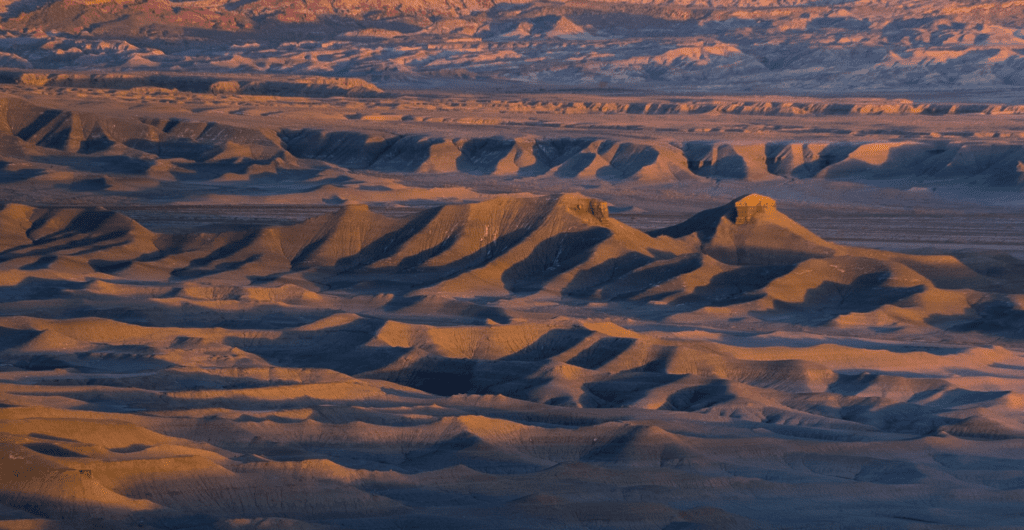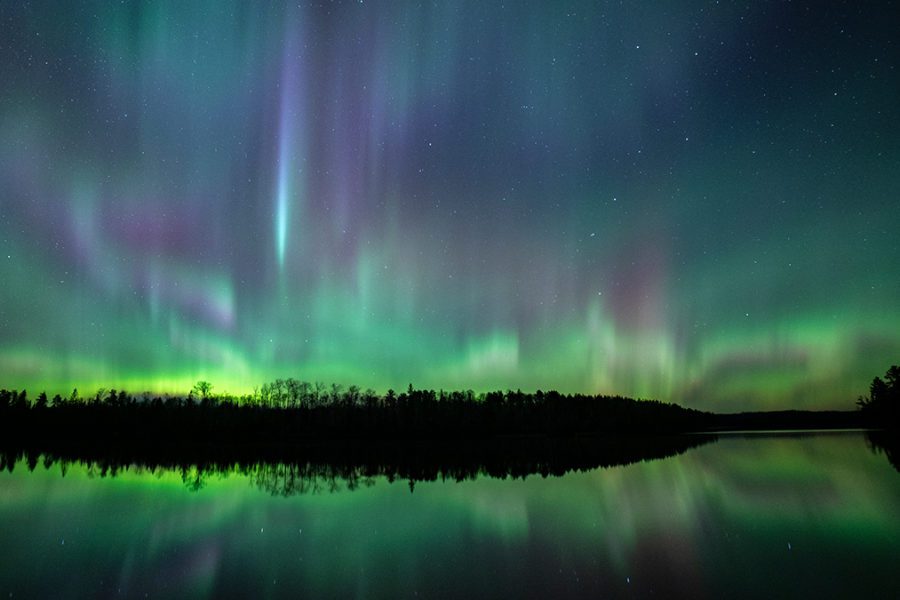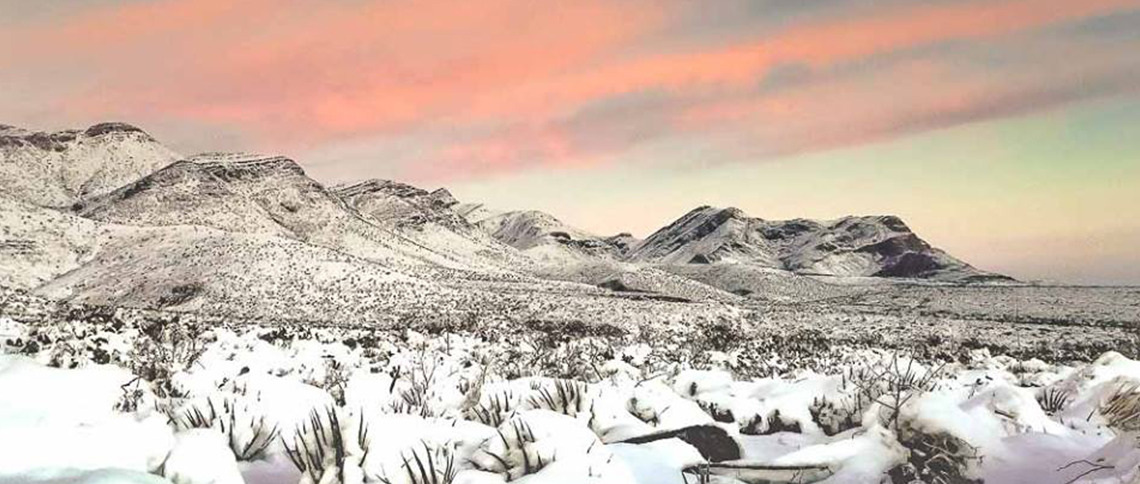We’re excited to announce the 2022 Confluence Program grantees: Ridges to Riffles, Great Plains Restoration Council, Wind River Tribal Buffalo Initiative, and Detroit Black Farmer Land Fund. Each of these four groups will receive $50,000 in grant funding in December 2022 and another $50,000 in 2023, as well as advocacy and communications support over the next two years.
Each of the four grantees and their projects meet the stated funding criteria. Additionally, all grantees are historically racially excluded groups with an operating budget less than $500,000. Their four projects seek to protect land and water using an intersectional approach that addresses the environmental and social needs of their community.
Keep reading to learn more about our newest group of Confluence grantees and their projects.
About the Program
The goal of the Confluence Program is to intentionally connect to historically racially excluded people for the protection of natural places. We developed the program in 2021 in recognition that our network of partners includes few groups representing historically racially excluded people. We seek to expand our network of grantee and business partners to represent a coalition of everyone working to protect or conserve land and/or water to foster a planet where natural places, wildlife, and people thrive together. To read more about the 2021 Confluence Program, click here.
The Confluence Program is part of our effort to help create new systems and structures that bring all of the groups, organizations, and businesses committed to this work closer together to protect our shared natural places. In 2022 and 2023, we will work to build trust and meaningful relationships with the four Confluence grantees through advocacy and communications support. We will shape the relationship-building phase of this program to meet the unique needs of each group. Through the application review process, we capture our learnings regarding the gap between financial needs and available funding, and share the list of applicants with other funders. Our goal will be to help shed light on the volume of qualified groups that need funding, and help make connections to our network of partners that might offer direct funding or other resource support.
Selection Process
This year, the Confluence grant program was directed by eight advisory committee members. This committee established the funding criteria, project types, application process, and also reviewed applications and chose the grant recipients. Josie Norris, The Conservation Alliance’s Grant Program Director, and Janelle Hillhouse, REI’s Action Fund Program Officer, co-chaired the committee.
The Confluence Program advisory committee worked together to develop the second iteration of the program. After reviewing 64 applications and vetting eleven finalists, they identified four organizations to fund through the 2022 Confluence Program. View all applicants.
Why four grantees? We decided to fund four grantees at $50,000 per group, per year, for a few reasons. One, we have a small staff and one person that is dedicated to our grant program. This number of grantees allows us to effectively use our limited staff resources while managing and growing our new partnerships, as well as ensure that our relationships with roughly 50 other grantees in our general grant program are also prioritized. The amount of funding that we selected ($50,000) is intended to correspond to the maximum amount of funding that grantees in our general program are able to receive.
Overview: Grantees and Projects
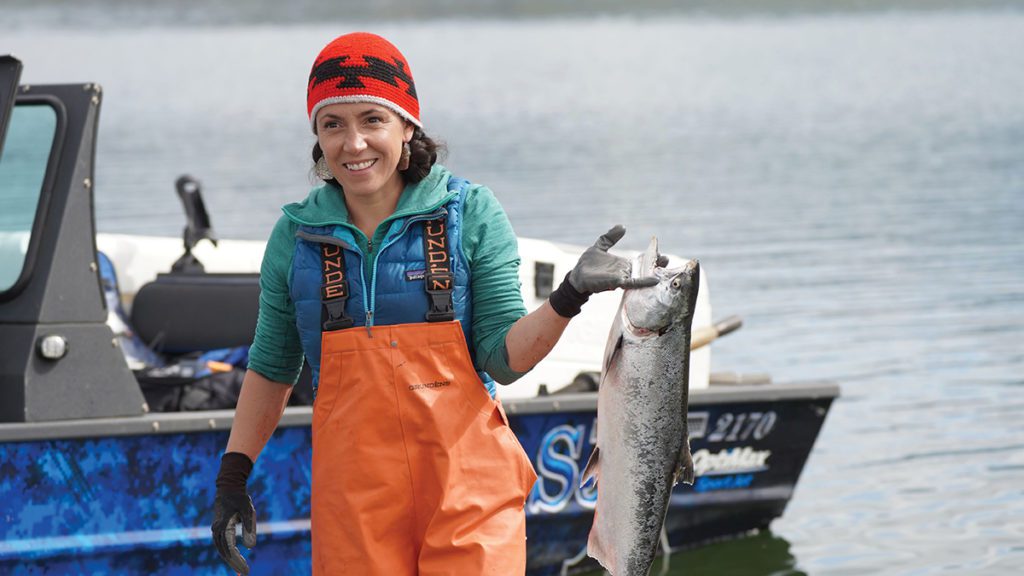
Ridges to Riffles: Klamath River Restoration
Ridges to Riffles Indigenous Conservation Group (R2R) is a California-based non-profit, fiscally sponsored by the Resources Legacy Fund, that advocates for Native American tribes in natural and cultural resource matters. Confluence funding will enable them to continue their work to see the largest dam removal and restoration project in US history through to completion. The project is located in the Klamath River Basin, which is home to the Yurok, Karuk, Klamath and Hoopa Valley Tribes, in present-day northwest California. R2R works in coordination with the Yurok Tribe in Klamath River dam removal and restoration efforts. The grant will support their communications needs, provide funding for staff travel to consult with federal agencies, as well as support their work with Klamath River Tribes to develop an action plan to acquire and manage lands that will no longer be submerged by reservoir waters.
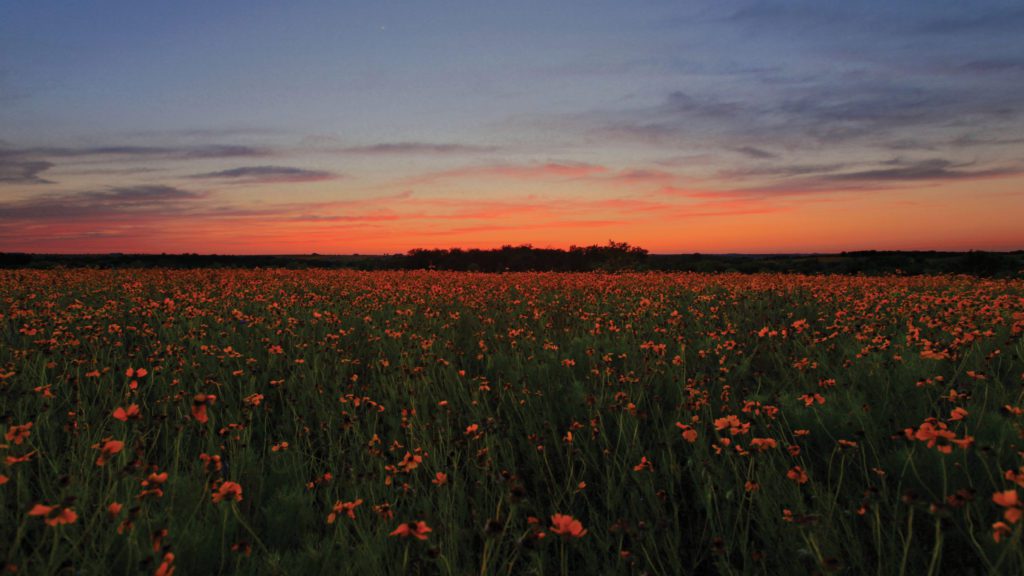
Great Plains Restoration Council: Fort Worth Prairie Park and Southern Great Plains Conservation & Recreation Area
Great Plains Restoration Council (GPRC) is a non-profit organization based in Fort Worth, Texas with a mission of helping people take care of their own health through restoring and protecting native ecosystems, particularly damaged prairies, plains, and waters. Grant funding will support their work to protect old-growth native prairie inholdings adjacent to the Fort Worth Prairie Park complex. GPRC will also work in partnership with the Texas Parks and Wildlife Department to secure conservation of at least 5,000 acres in West Texas. This is a first step that will build towards GPRC’s and TPWD’s goal of establishing what will one day become a landscape-scale Southern Great Plains Conservation and Recreation Area on the Llano Estacado shortgrass prairie region of the Texas Panhandle. These lands will provide habitat for endangered Texas bison along with pronghorn, prairie dogs, burrowing owls, swift fox, elk, and other species of concern. The Confluence grant will be used to launch a diverse campaign aimed at raising national awareness, inclusion and engagement, and to hire a Comanche or Kiowa organizer to ensure Indigenous voices are centered. Funding will also be used to train and employ formerly incarcerated Black and Brown/POC youth currently excelling in GPRC’s Restoration Not Incarceration™ program.
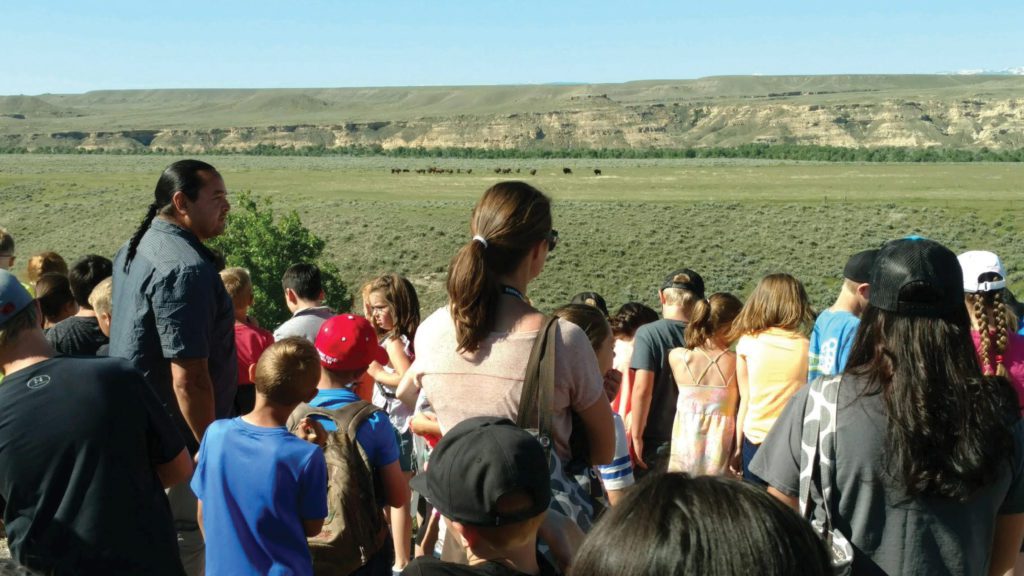
Wind River Tribal Buffalo Initiative: Buffalo Restoration and Land Rematriation on the Wind River Reservation
Wind River Tribal Buffalo Initiative (WRTBI) is a Native-led, non-profit organization near Kinnear, Wyoming. Their mission is restoring the Shoshone and Arapaho connection to the buffalo, ensuring that buffalo restoration and land rematriation efforts serve the needs and priorities of the Eastern Shoshone and Northern Arapaho Tribes. WRTBI is working to acquire and maintain fee lands, enact land use changes on Tribal land (BIA) for buffalo conservation through cattle grazing retirement and conservation easement, and ensure that buffalo are protected as wildlife under Tribal law. The Confluence Program grant will support costs associated with youth engagement, staff time dedicated to working with the Eastern Shoshone and Northern Arapaho Tribal Councils and the Bureau of Indian Affairs to shift land use from cattle grazing to wildlife conservation, and land maintenance costs.
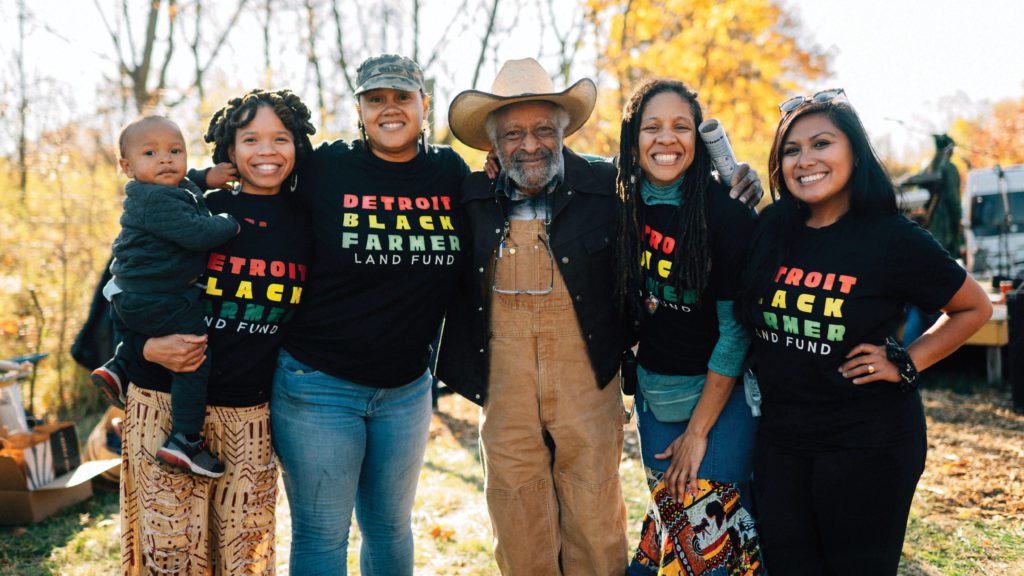
Detroit Black Farmer Land Fund: Building Black Food Sovereignty through Black Urban Land Conservation
The Detroit Black Farmer Land Fund (DBFLF) is a coalition of three long-standing Detroit, Michigan urban farming organizations with a collective mission to rebuild inter-generational land ownership for Black Farmers in Detroit. The grant funding will help support the organization’s work to transition vacant land in Detroit to urban farm landscapes. The Confluence grant will support fundraising efforts to acquire 20 acres and complete 15 infrastructure projects. technical assistance for land purchases, and an educational campaign and legal support to ensure properties are protected from development in perpetuity.
Learnings: Funding Demand and Next Steps
One of our goals in the application review process was to capture and share our learnings regarding the gap between financial needs and available funding. We want to help shed light on the volume of qualified groups that need funding and help make connections to our network of partners that might offer direct funding or other resource support.
As stated above, we received applications from 64 groups that are led by Asian, Black, Brown, Indigenous, Latinx, and other People of Color working to protect land and water by centering solutions led by impacted communities. This represents a need for $3.2 million in funding for small organizations less likely to be connected to mainstream foundations. With this round of funding, we are able to meet just 6% of the need among our applicant pool.
We hope the Confluence Program can help demonstrate the need for additional funding and serve as a model for other grant makers. Contact us if you’d like to learn more about the program, funding needs and the groups that applied to directly support them.


